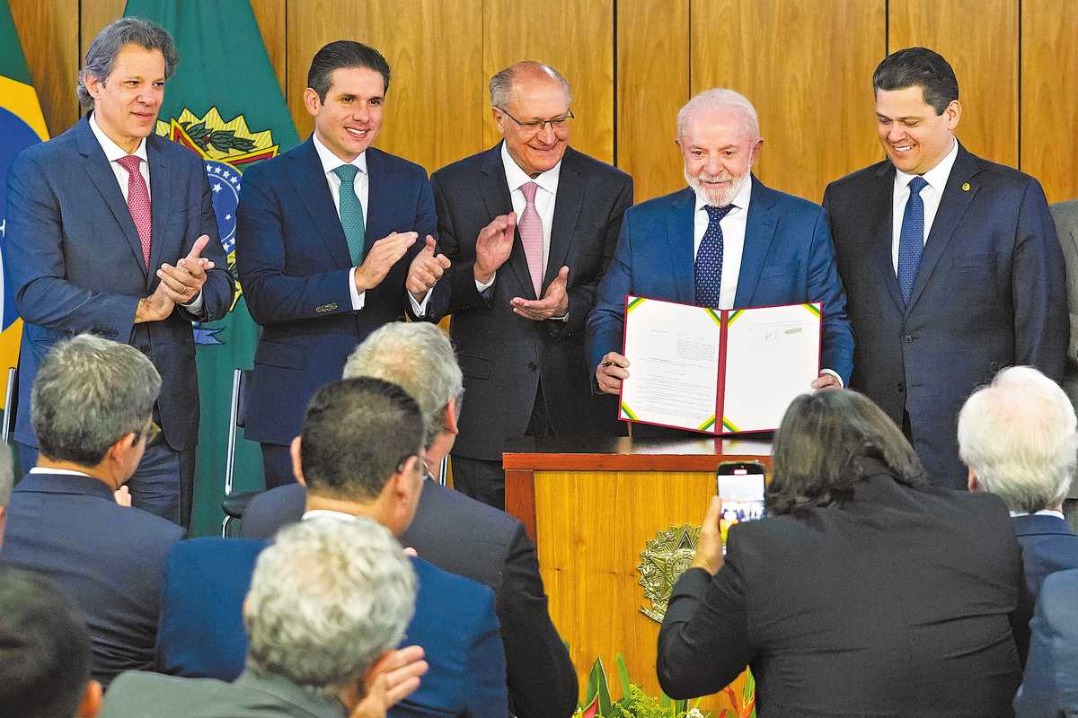US announces program to admit refugees from Ukraine

Ukrainian citizens will be allowed to seek temporary refuge in the US under a program the Biden administration announced Thursday.
The "Unite for Ukraine" program will allow individual Americans and nonprofits to financially support Ukrainian refugees starting next week. They can apply through an online portal that will be available on the Department of Homeland Security (DHS) website starting Monday.
Individual sponsors or nonprofits can offer to temporarily open their homes to newcomers or donate money online to help cover temporary housing costs. People can also donate airline miles or purchase needed items for refugees.
Ukrainians who are selected to travel to the US under the initiative will be granted humanitarian parole, allowing them to bypass the visa and refugee programs, which typically take years to complete.
To be eligible for the humanitarian parole, Ukrainians must have been a resident of Ukraine as of Feb 11. Ukrainians will need to be first identified by their prospective Americans sponsors, as they will not be able to apply for the program directly, administration officials said.
Sponsors in the US also must undergo background screenings to make sure they are able to support the refugees.
If the sponsorship is approved, Ukrainians will be required to undergo a background check, complete vaccinations and other public health requirement, according to a DHS press release.
The program does not offer permanent status for Ukrainian refugees. Parole would allow Ukrainians to live and work in the US for two years.
The program is the first US policy aimed at fulfilling Biden's pledge of welcoming up to 100,000 Ukrainians. More than 11 million people are believed to have fled their homes in Ukraine since the conflict began, according to the United Nations.
US Customs and Border Protection (CBP) reported that it detained more than 5,000 migrants from Ukraine in March, more than four times the 1,150 Ukrainians detained the previous month.
US immigration officials have processed nearly 15,000 undocumented Ukrainians in the past three months, most of them along the Mexican border, a senior DHS official said during a call with reporters Thursday.
In early March, US officials at border crossings were directed to consider admitting Ukrainians under humanitarian exemptions to the Title 42 pandemic restrictions, which are pandemic restrictions deployed by the Trump administration to expel migrants on the basis of the COVID-19 pandemic.
But the administration said on Thursday that when the new parole program goes live, Ukrainians who present themselves at a border port of entry will be denied entry into the US like other nationalities.
"Ukrainian nationals who present and do not have a visa or have not gone through the 'Uniting for Ukraine' program will no longer be paroled, unless they have some other factor that would lead a border official, a CBP officer, to make a case-by-case determination that do they merit a humanitarian exception for Title 42," the senior DHS official told reporters on Thursday.
Ukrainians "may be refused entry under our existing laws. As I think everybody knows, we are continuing to enforce the public health authority under Title 42 at the land border to the 23rd [of May]. That will be the case for all nationalities," an administration official said.
Ukrainians entering the US through the parole program could face legal limbo if they decide to stay permanently in the country because they have no clear path to the US residency, just like tens of thousands of Afghan evacuees who were paroled last year after the Taliban seized control of Afghanistan.
The Biden administration set out to resettle up to 125,000 refugees from across the globe in fiscal year 2022. Now halfway through this fiscal year, 8,758 refugees have been admitted so far, State Department figures show. In March, a dozen Ukrainians entered the US as refugees.
"Relying on temporary parole amounts to putting bandages on open wounds. The administration cannot continue to lurch from one crisis to another without increasing overall capacity for permanent protection in the United States," Sunil Varghese, Policy Director at the International Refugee Assistance Project, told ABC News.

































